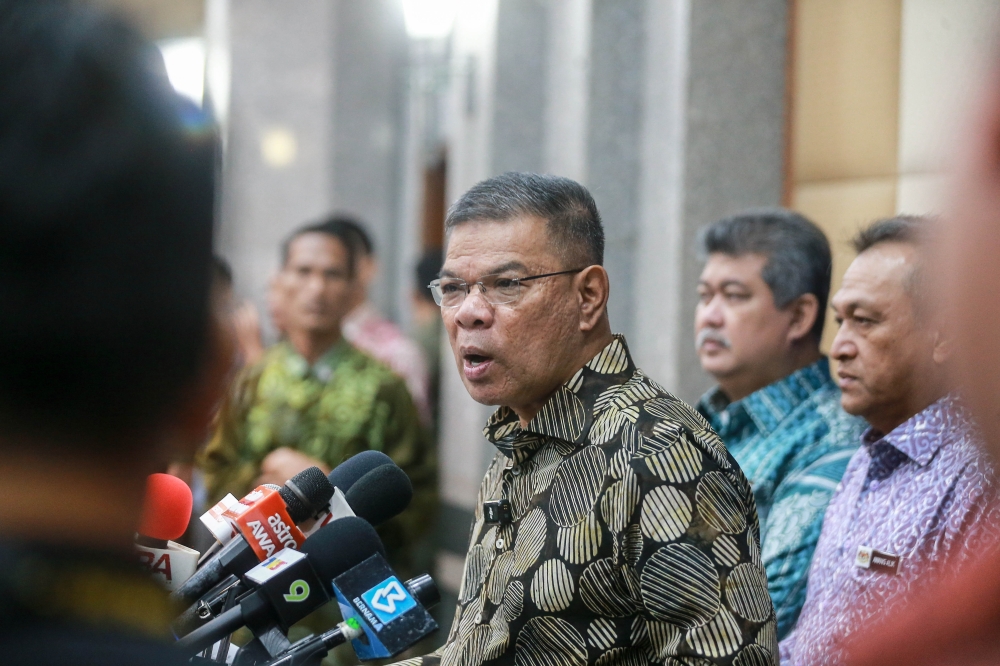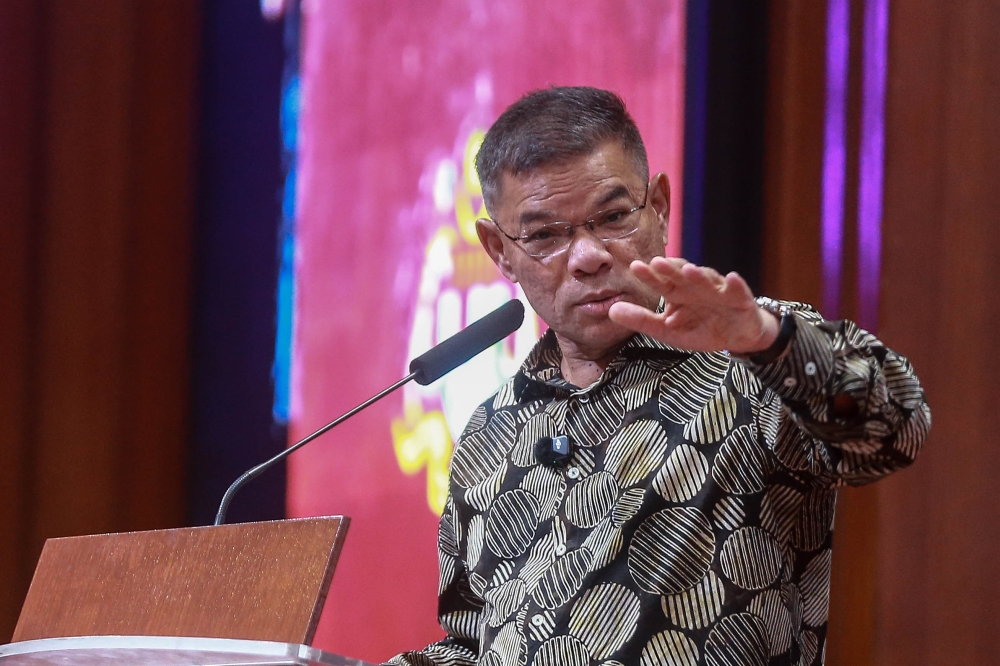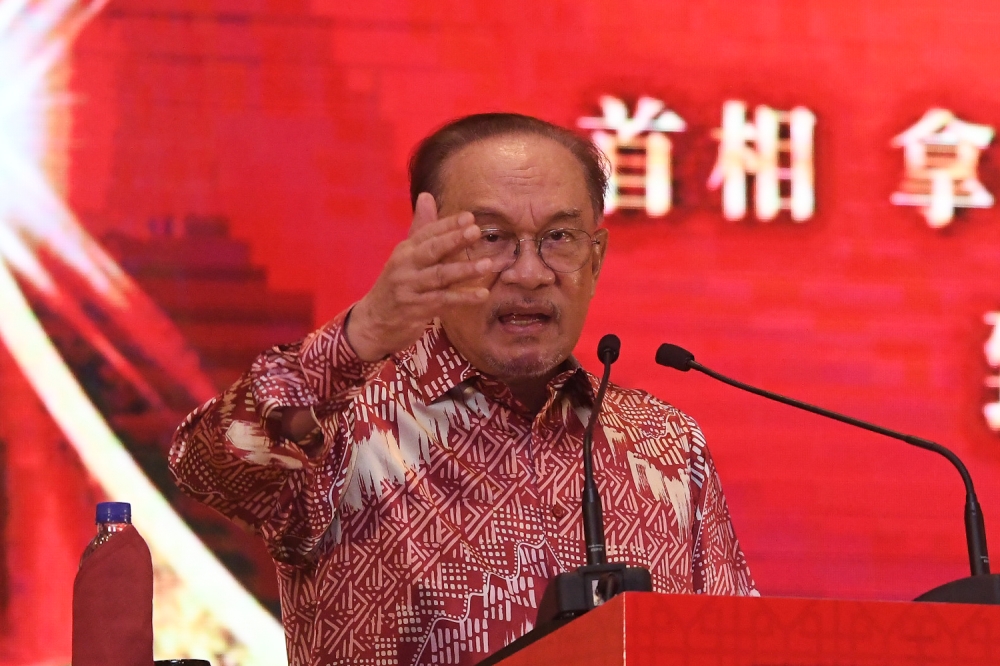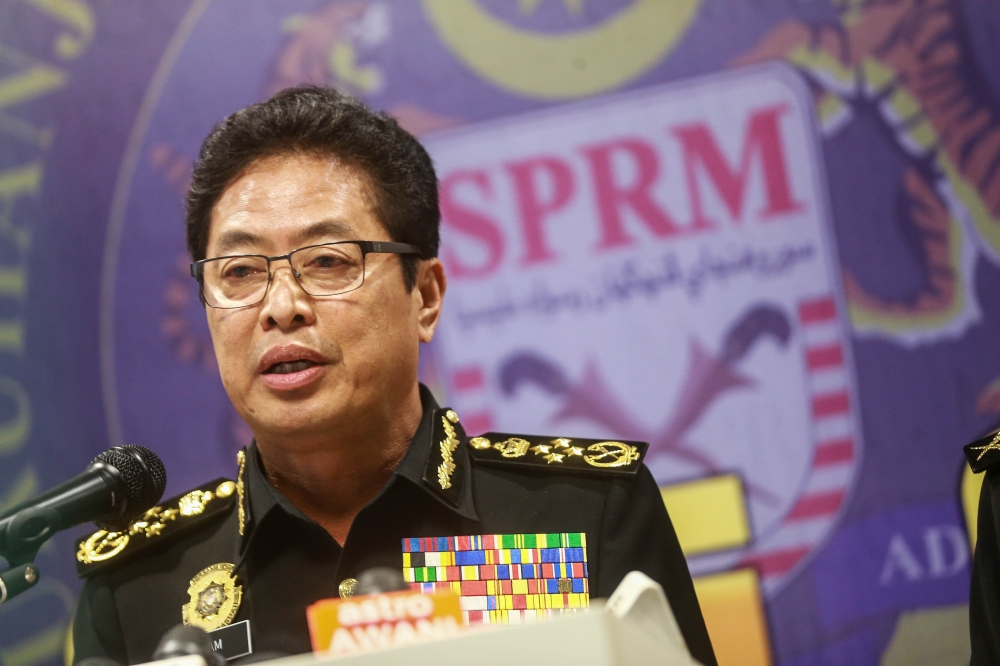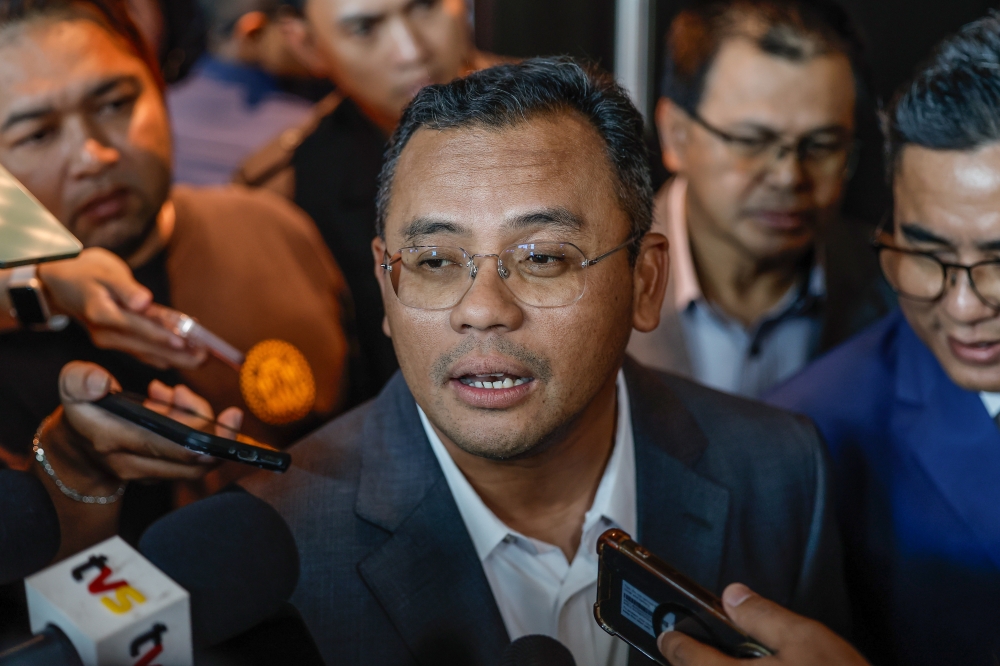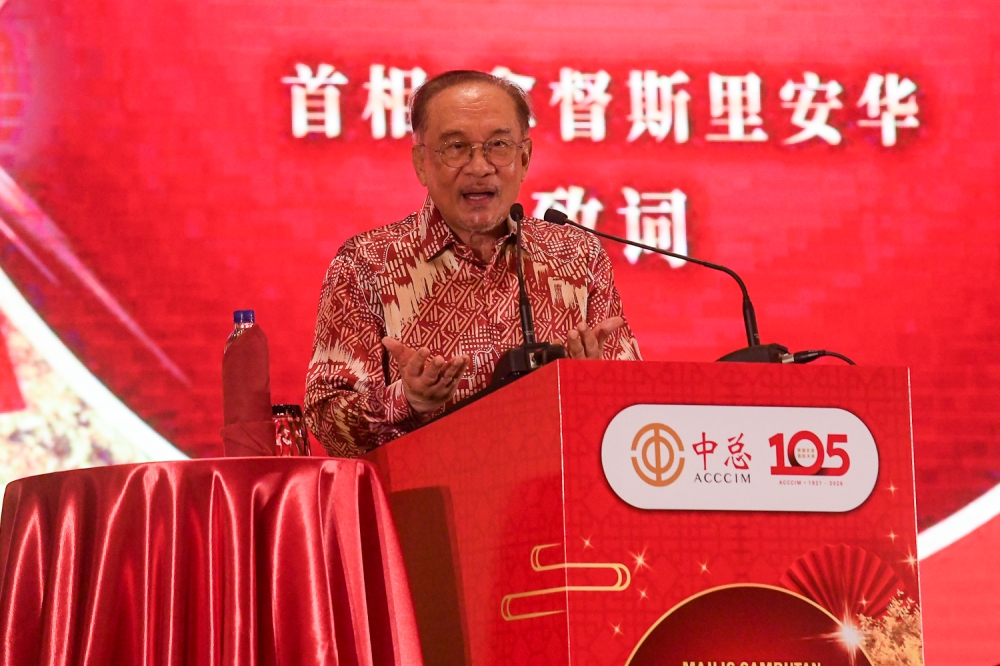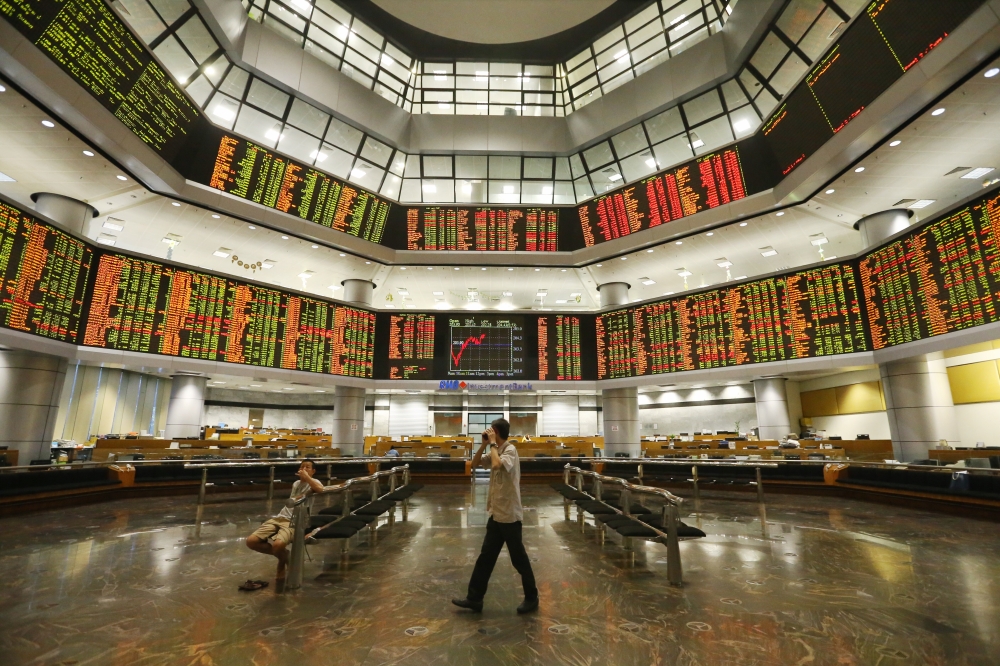FEB 25 — When the Prime Minister (PM) resigns, the cabinet is dissolved immediately. This is simply because the PM and the cabinet is a collective responsibility.
It’s sink or swim together, or as the Three Musketeers would say: “All for one, one for all.”
With the resignation of the PM, the Yang di-Pertuan Agong (the King) would then have to appoint a new PM. While it is expressly stated in Article 40(2)(a) of the Federal Constitution that the appointment of the PM is the King’s discretionary power, the discretion is not absolute.
The King is required by the Constitution to appoint an elected Member of Parliament (MP) - the Dewan Rakyat to be specific - who in His Majesty’s judgment is likely to command the confidence of the majority in that Dewan.
That person need not be the leader of a political party. The Constitution does not mention political parties. It’s all about the person - he who commands the confidence of the majority of the Dewan Rakyat.
So the Chief Secretary to the Government Datuk Seri Zuki Ali was spot on when he released a statement that “in line with the resignation of Tun Dr Mahathir Mohamad as Prime Minister, the duties of members of the administration comprising the Deputy Prime Minister, Ministers, Deputy Ministers as well as political secretaries have ceased effective the same date, which is Feb 24, 2020.”
So too was the King when His Majesty re-appointed Tun as interim PM despite the fact that he was no longer a leader of a political party with Tun having resigned as chairman of Parti Pribumi Bersatu Malaysia (PPBM). But he is an MP and most importantly he has the confidence of the majority of the Dewan Rakyat.
In fact, Tun looked like having the confidence of the whole Dewan then.
But an interim PM?
Legal experts have come around to say that the King can appoint a PM - be he permanent or caretaker or interim for that matter.
But there is only the appointment of a PM in the Constitution. To borrow words from the eminent Prof Shad Faruqi, the Constitution is “thunderously silent” on an interim PM.
It is said that an interim PM is a temporary position to enable the King “to measure the mood of Parliament and to familiarise himself with the new political alignments”.
According to the Cambridge Dictionary, interim means temporary; intended for a short period only.
However, according to Attorney-General Tommy Thomas, “there is no time limit to the office of an interim prime minister.” Isn’t that a contradiction in terms - interim but no time limit.
And the irony is an interim PM is no less a lame duck PM - the very reason why the dramatic events on Sunday were meant to prevent as claimed by Azmin and his band of former PKR leaders.
As such, the term “interim PM” should be dropped. It is not provided by the Constitution. It has no force of law.
An MP having the confidence of the majority of the Dewan Rakyat is a prime minister if he or she is so appointed by the King.
Following the appointment - or reappoinment as the case with Tun - he or she will have to be sworn in.
Now, has Tun been sworn in following his re-appointment as PM?
* This is the personal opinion of the writer or publication and does not necessarily represent the views of Malay Mail.

